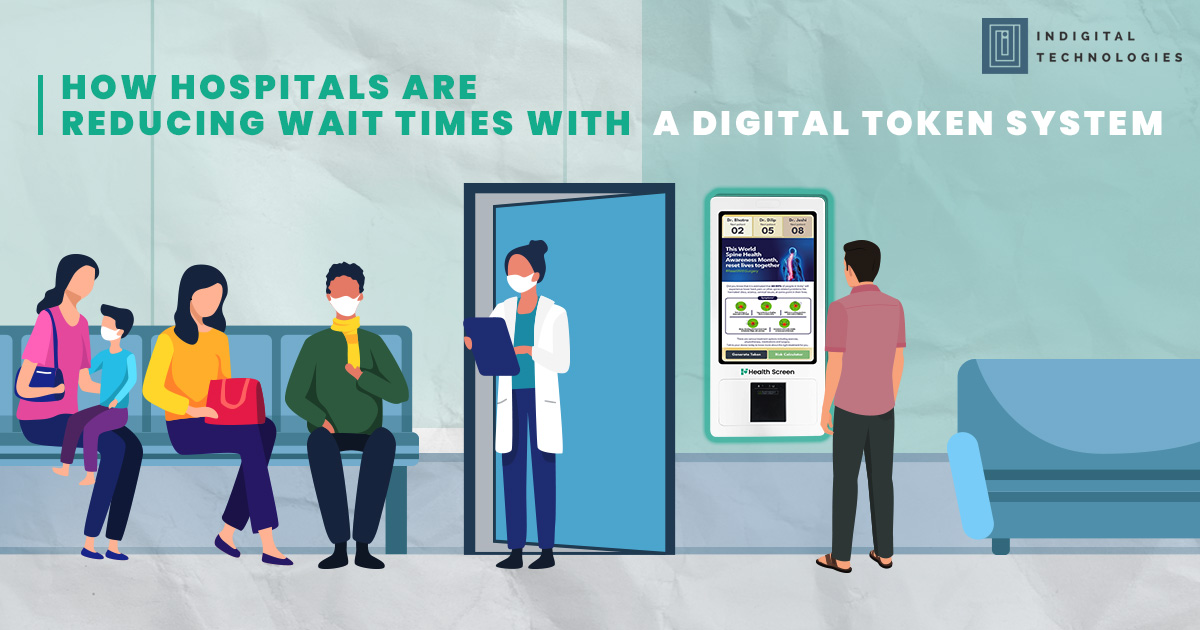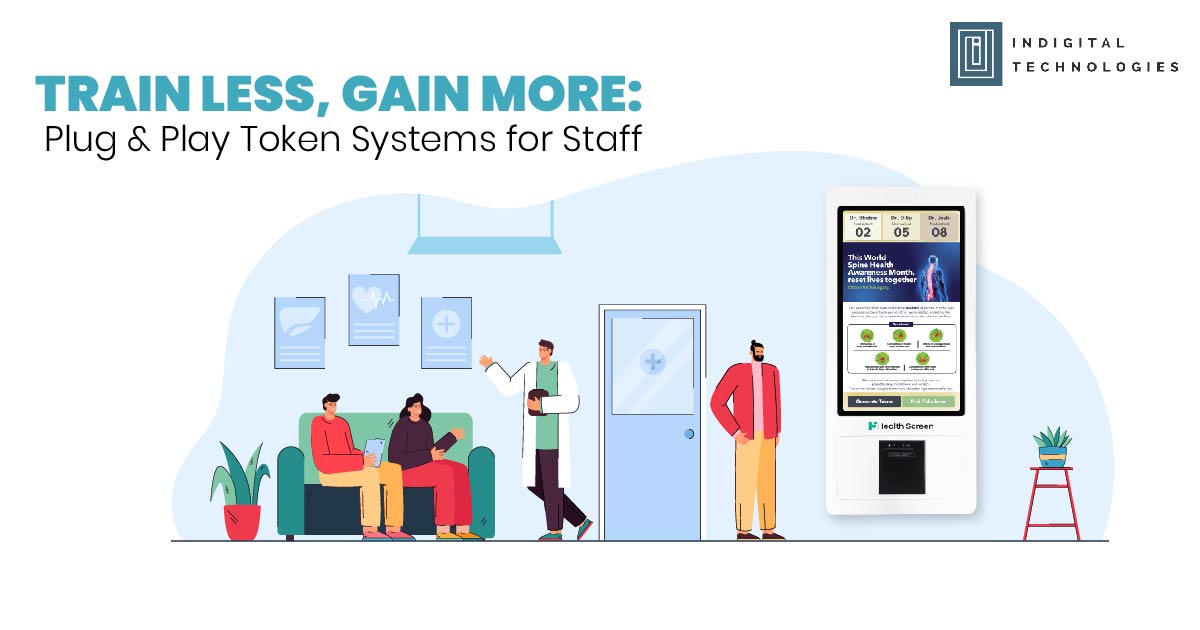In today’s healthcare environment, the need for efficiency, transparency, and structure is more pressing than ever. As patient expectations rise and OPD volumes grow, clinics are turning to digital solutions to manage flow and improve experiences. Among these, token systems have become essential infrastructure — but not all token systems are created equal.
A great clinic token system does more than just assign numbers. It supports operational clarity, reduces staff burden, and enhances the overall patient experience. So what exactly defines a high-quality token system in the clinical context?
Let’s explore the must-have features and strategic benefits of a modern token solution.
The Evolution of Token Systems in Clinics
Traditional token systems began as manual processes — a receptionist handing out paper slips or maintaining a register. While this approach worked for smaller setups, it quickly fell short in larger, high-footfall clinics.
Today’s digital systems go far beyond these basics. They automate, display, announce, and analyze the entire patient flow, from check-in to consultation. The best systems are not just tools, but extensions of clinic workflow — adaptable, efficient, and intelligent.
1. Real-Time Queue Management
At the core of any token system is the ability to manage queues in real time. A great token system should:
- Generate tokens instantly upon registration
- Display active and upcoming token numbers clearly
- Announce token calls via visual and audio formats
- Allow parallel queues for multiple doctors or departments
This keeps the OPD area calm, organized, and free of crowding or confusion.
2. Patient Visibility and Comfort
Patients waiting for their turn should not be left guessing. A well-designed token system gives clear visibility into:
- Current token in progress
- Estimated waiting time
- Position in the queue
This reduces anxiety and minimizes unnecessary enquiries at the reception desk.
3. Staff Efficiency
A quality token system lightens the load for clinic staff. It reduces repetitive tasks like calling out names, tracking who is next, or explaining delays. This frees up staff to focus on higher-value responsibilities such as managing documentation, assisting elderly patients, or answering medical queries.
Automation here doesn’t replace human effort — it optimizes it.
4. Scalability and Flexibility
Every clinic is different. A solo practice requires a different flow than a multi-specialty center. The best token systems are:
- Scalable (from one doctor to many)
- Modular (can integrate with other systems like billing or EHR)
- Customizable (can support specialty-specific queues or consultation durations)
This flexibility ensures the system adapts to the clinic — not the other way around.
5. Data and Operational Insights
A truly valuable token system goes beyond the visible. It also gathers insights to help clinics improve:
- Average patient wait time
- Consultation time per doctor
- Peak hours and patient flow patterns
- Drop-off rates or no-shows
These metrics support better planning, staffing, and scheduling, helping clinics make informed decisions based on real data.
Health Screen: A Model Token System
A strong example of a well-engineered clinic token system is Health Screen, developed by Indigital Technologies. It incorporates all of the features mentioned above, plus a few strategic additions:
- Health education screens to inform patients while they wait
- Multi-queue support across departments
- Touchless registration and digital display options
- Built-in analytics for clinic administrators
Health Screen was built specifically for Indian clinics, keeping in mind local workflows, patient behavior, and infrastructure constraints.
Why It Matters in 2025
Token systems are no longer optional — they are a baseline expectation. Clinics that continue to rely on outdated queue methods face increasing pressure in terms of patient satisfaction, staff performance, and overall efficiency.
A great token system is not just a technical upgrade — it’s an operational foundation. It ensures fairness, clarity, and speed across the clinic, while opening the door to broader digital transformation.
Conclusion
What makes a token system great isn’t just technology — it’s how well that technology understands and supports the real-world rhythm of clinical practice. In this regard, Health Screen by Indigital Technologies stands out as a system designed with the clinic — and the patient — in mind.
As Indian healthcare moves forward, token systems will not only manage queues but also define the modern patient experience. Choosing the right one makes all the difference.





